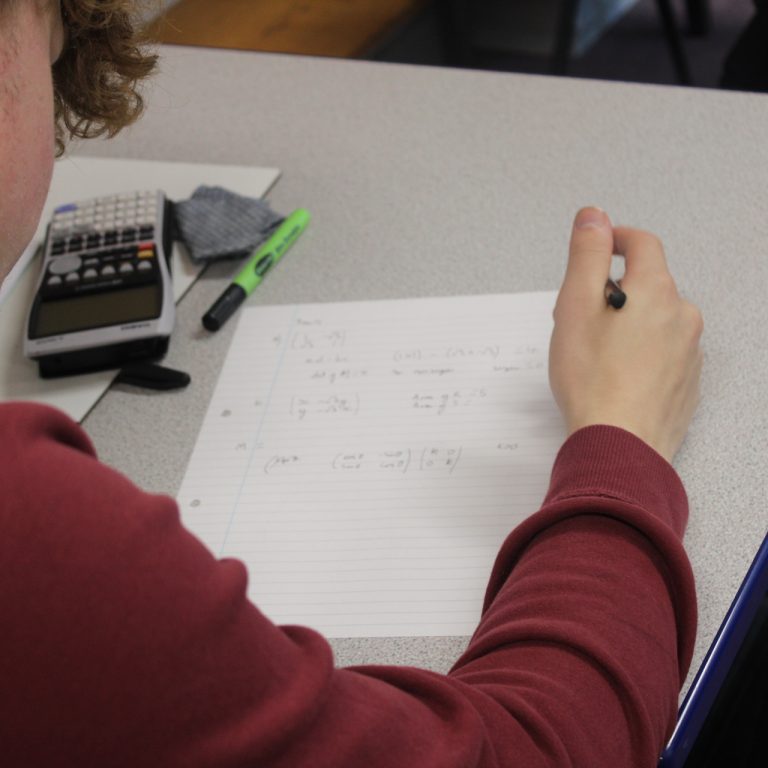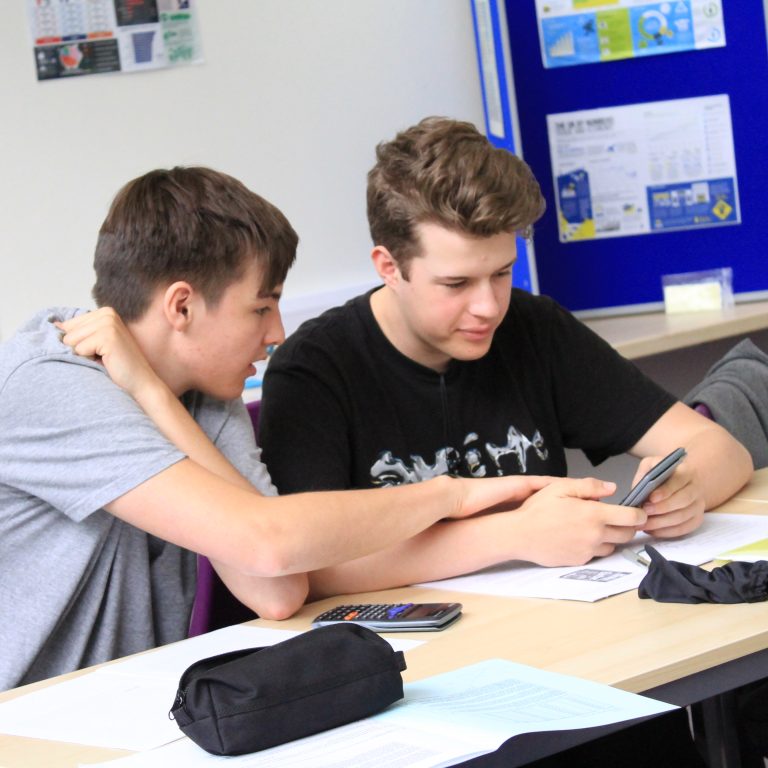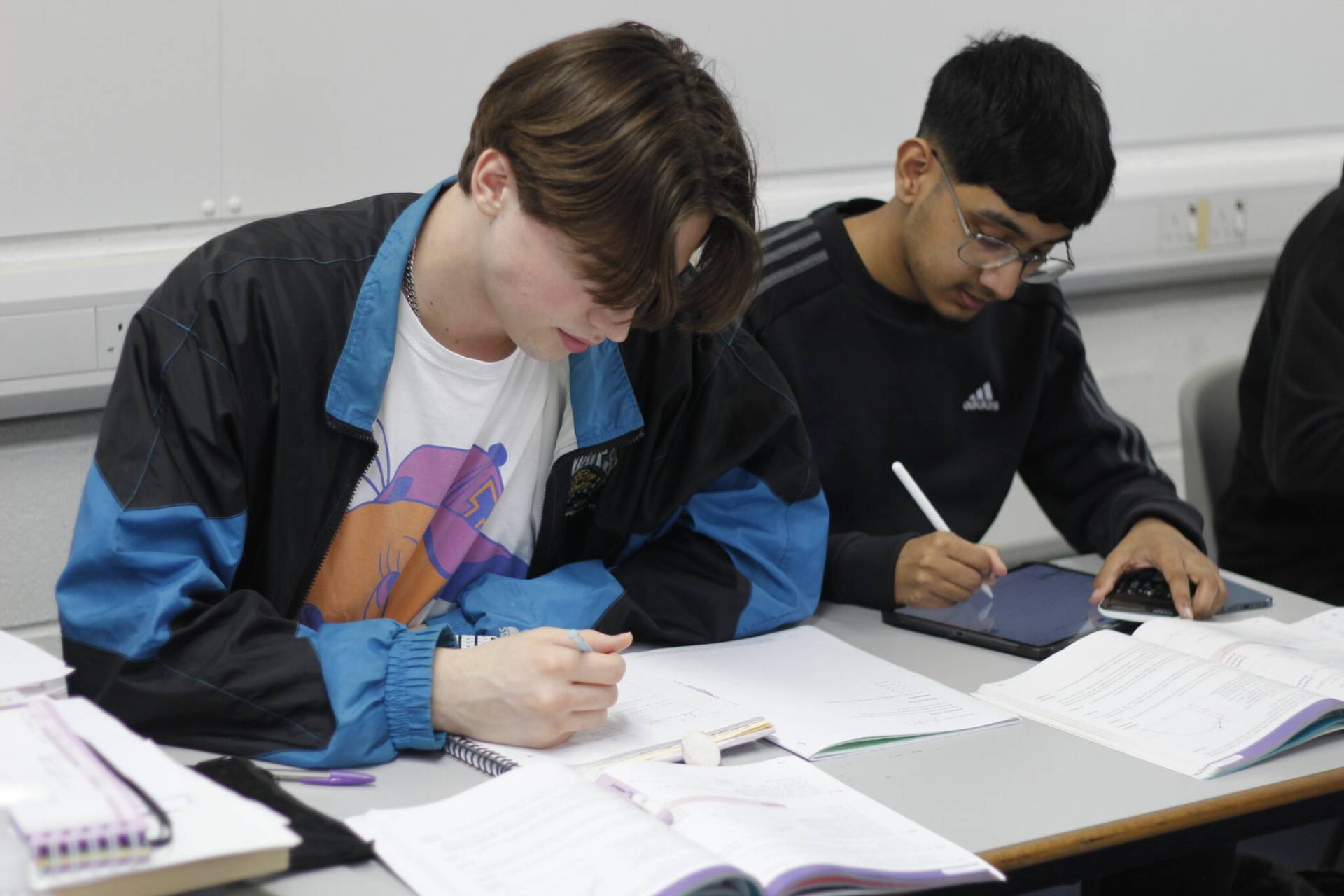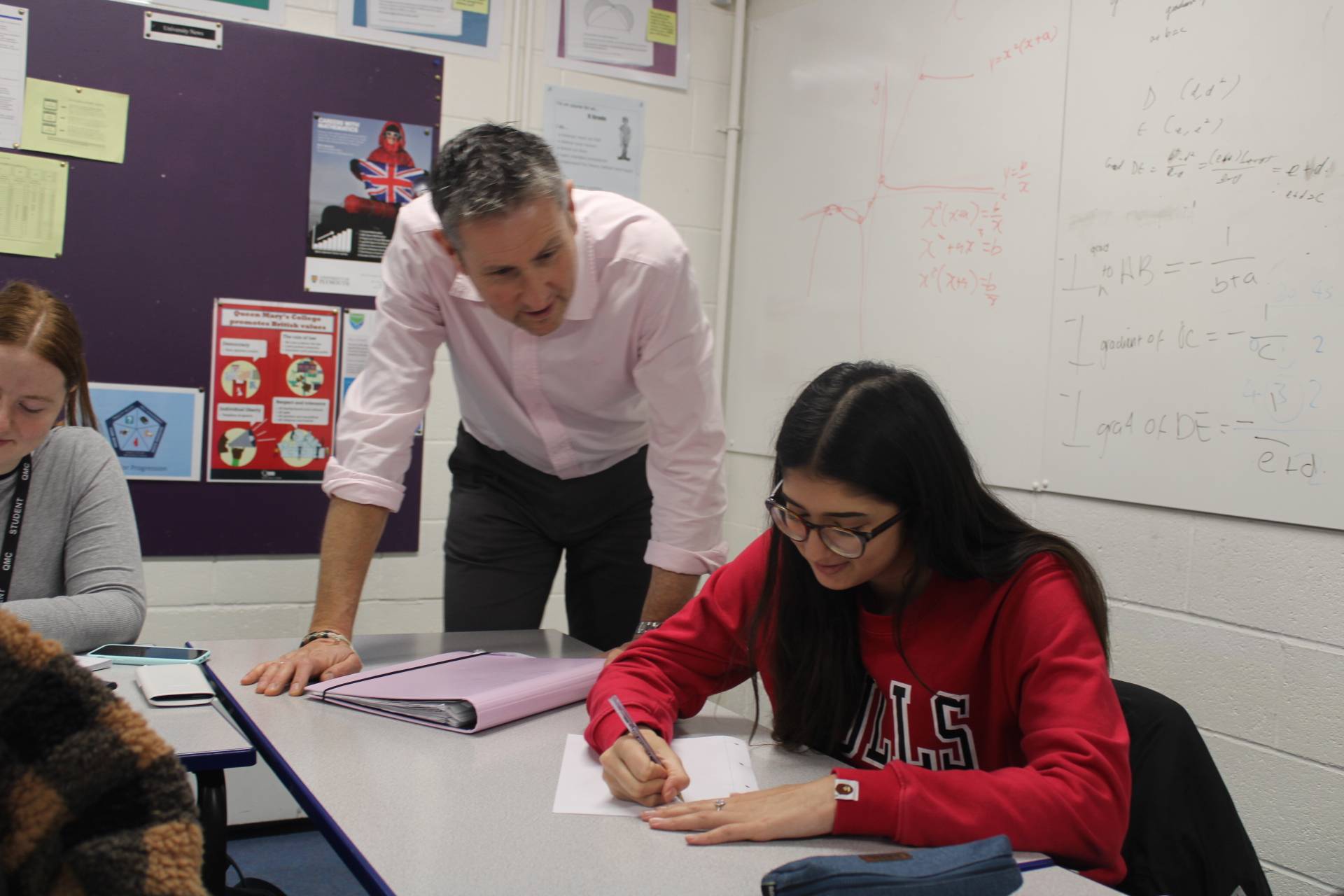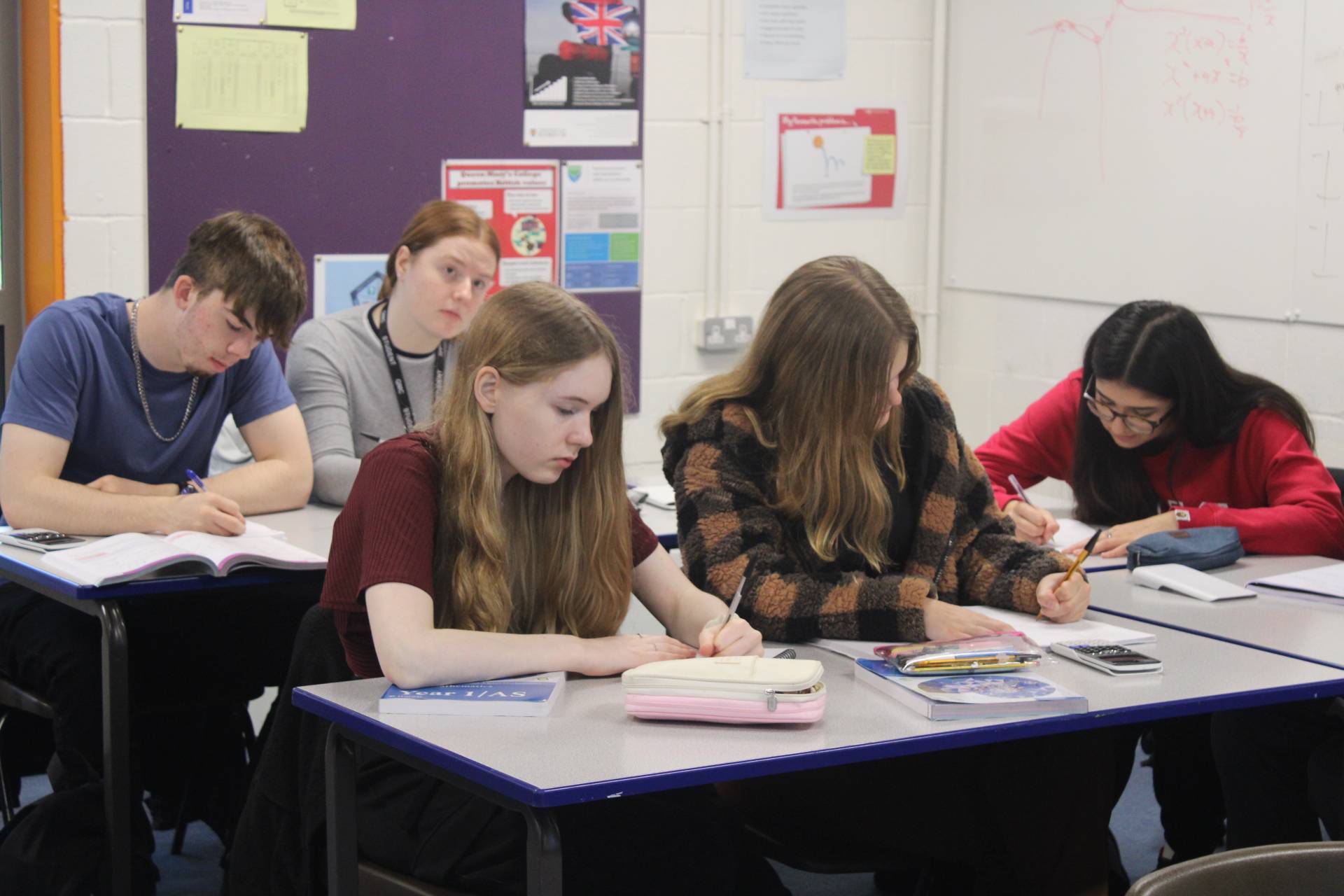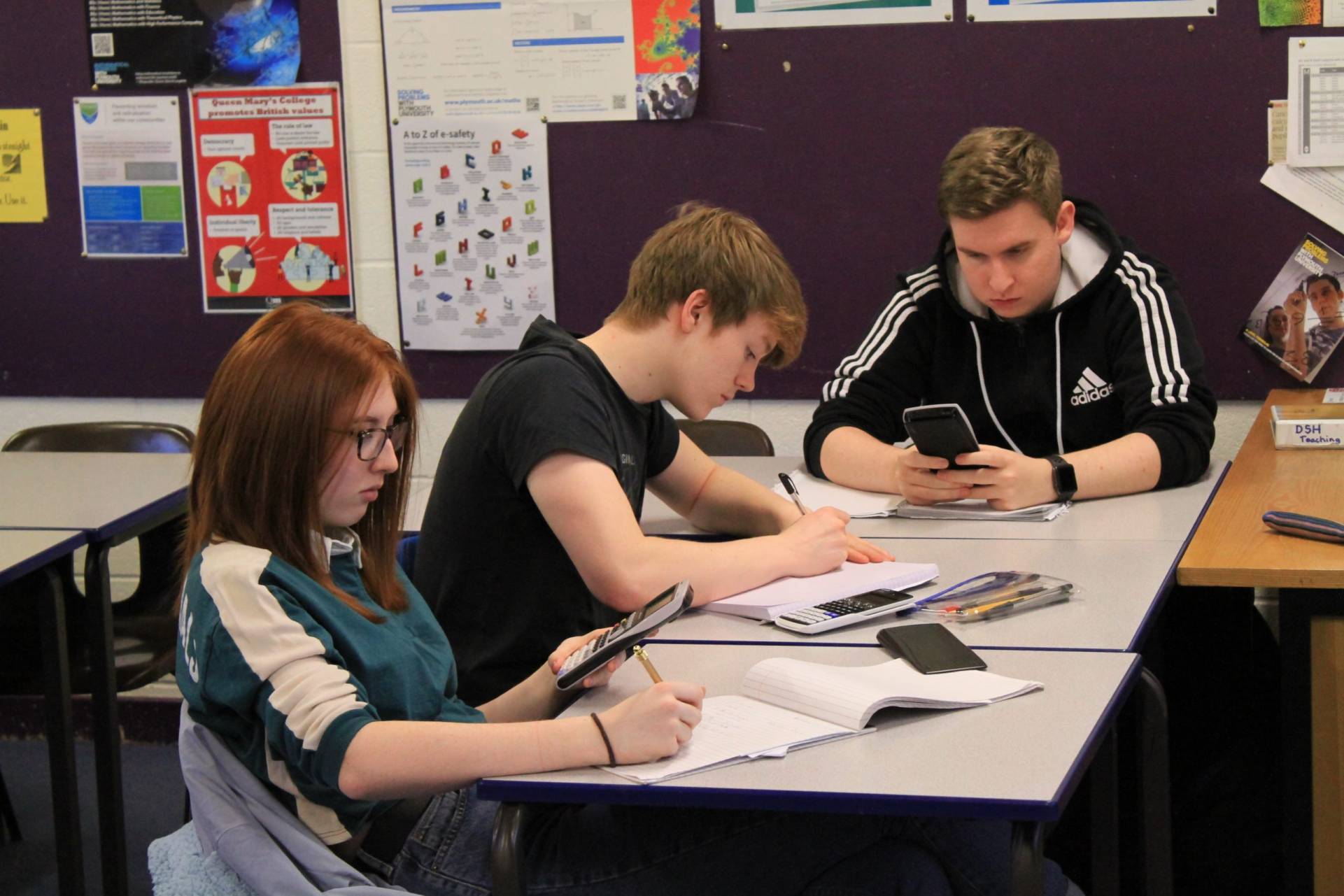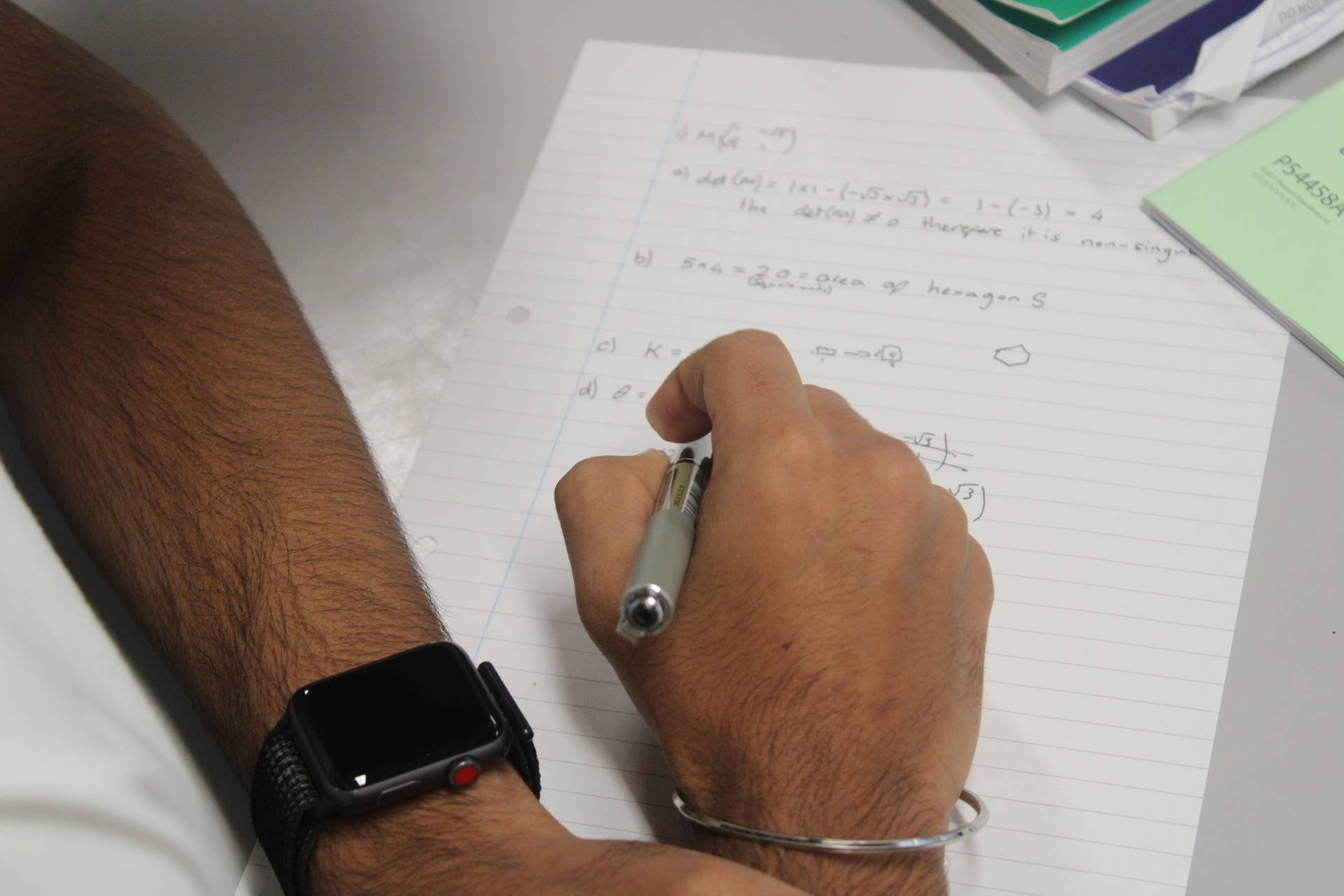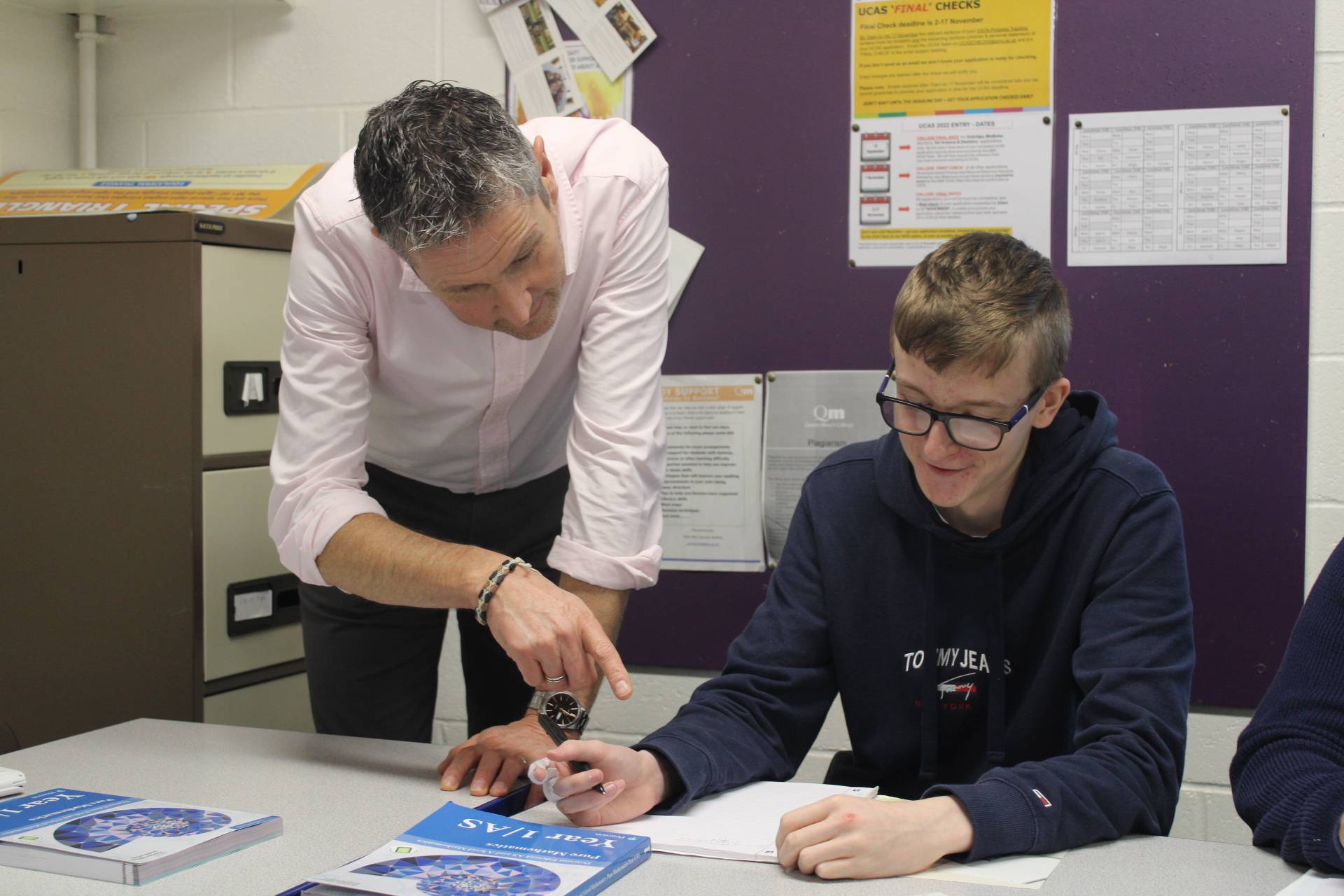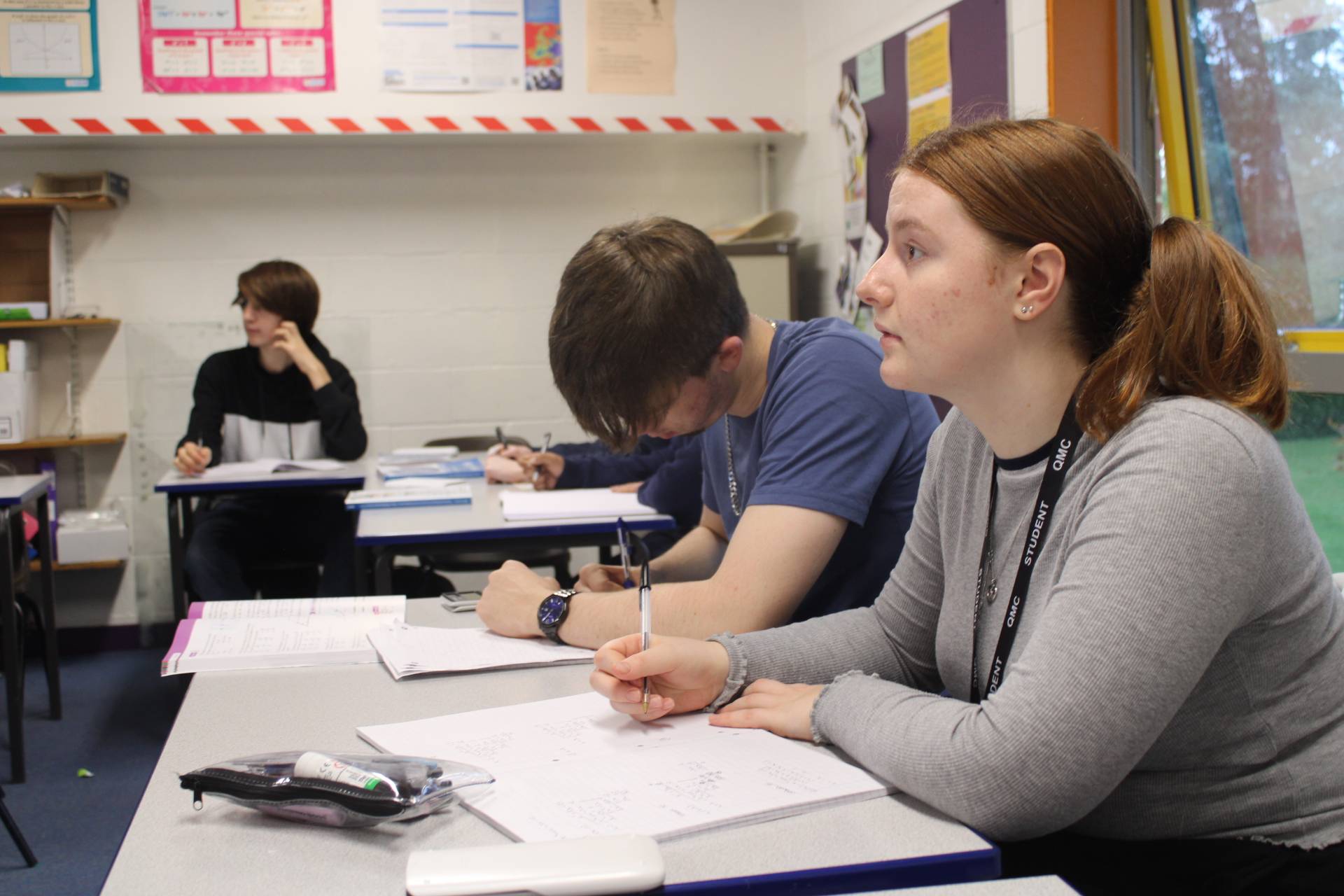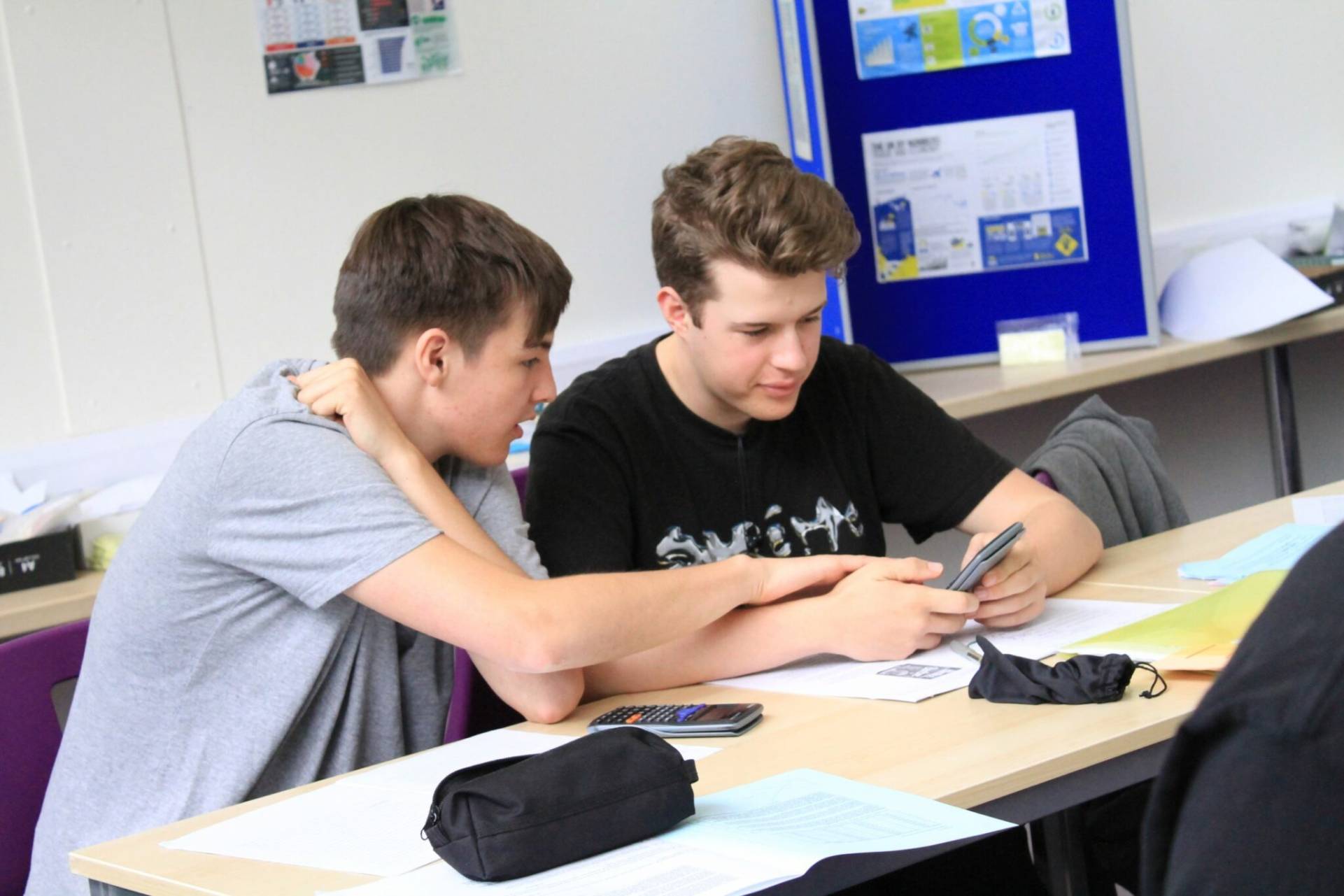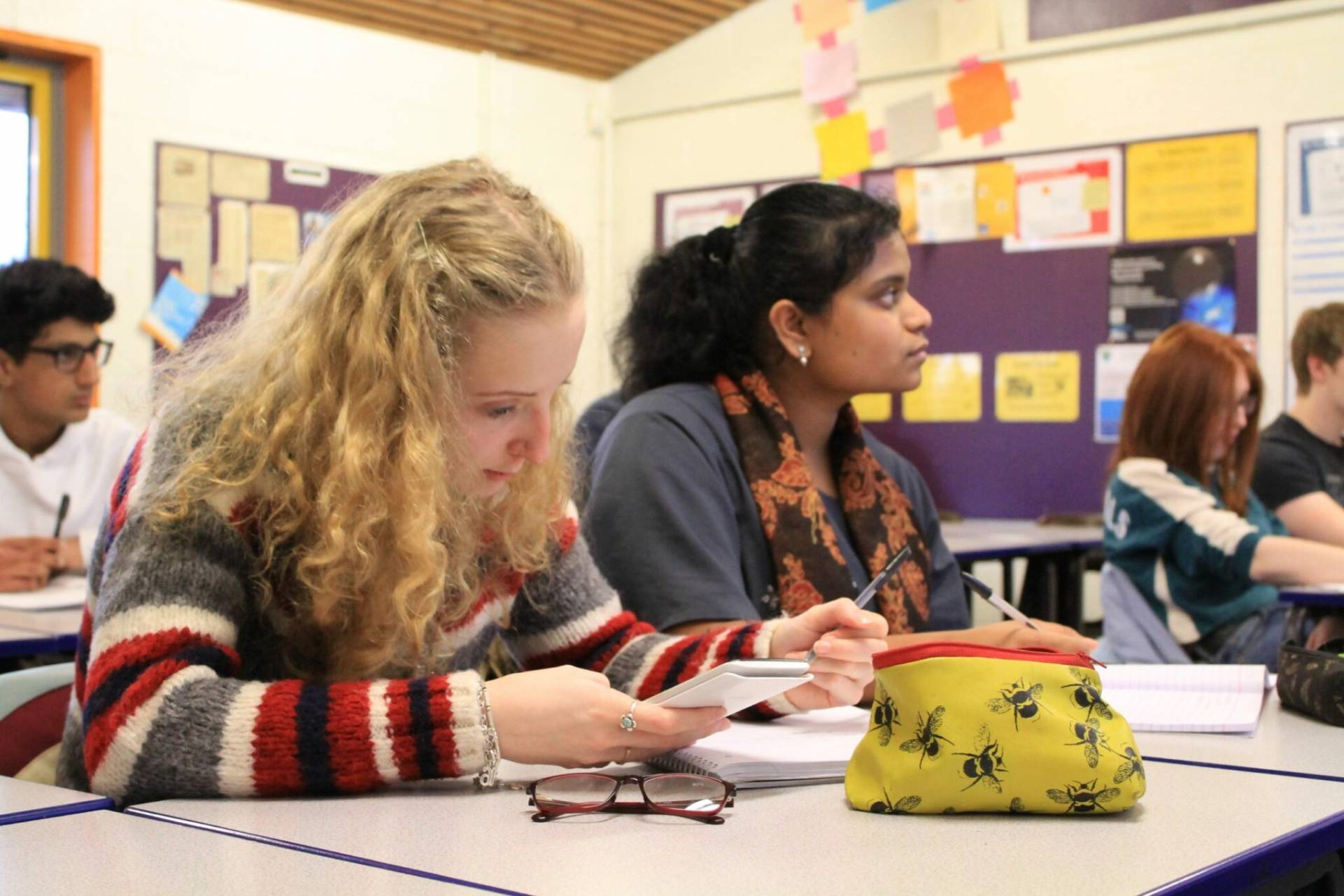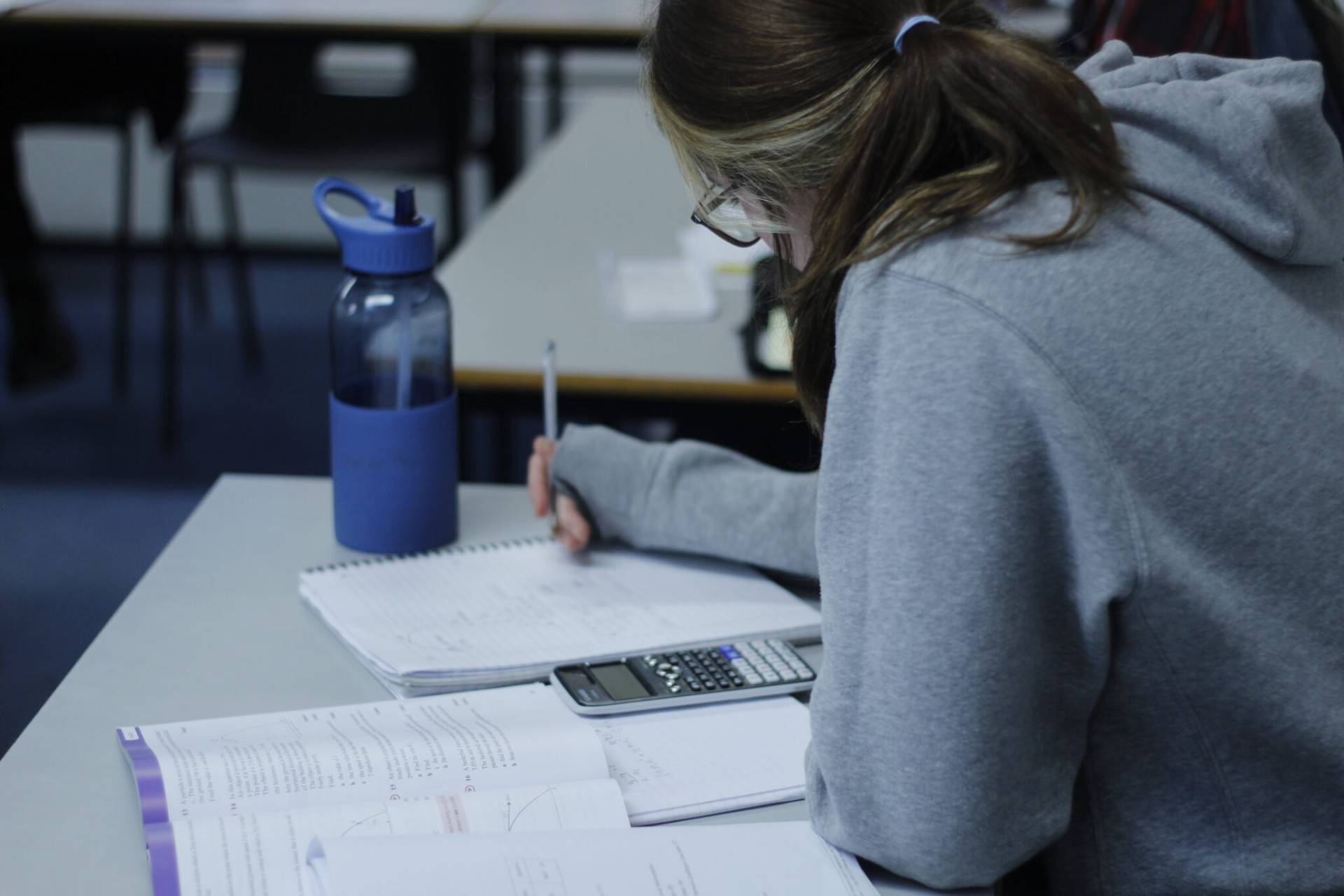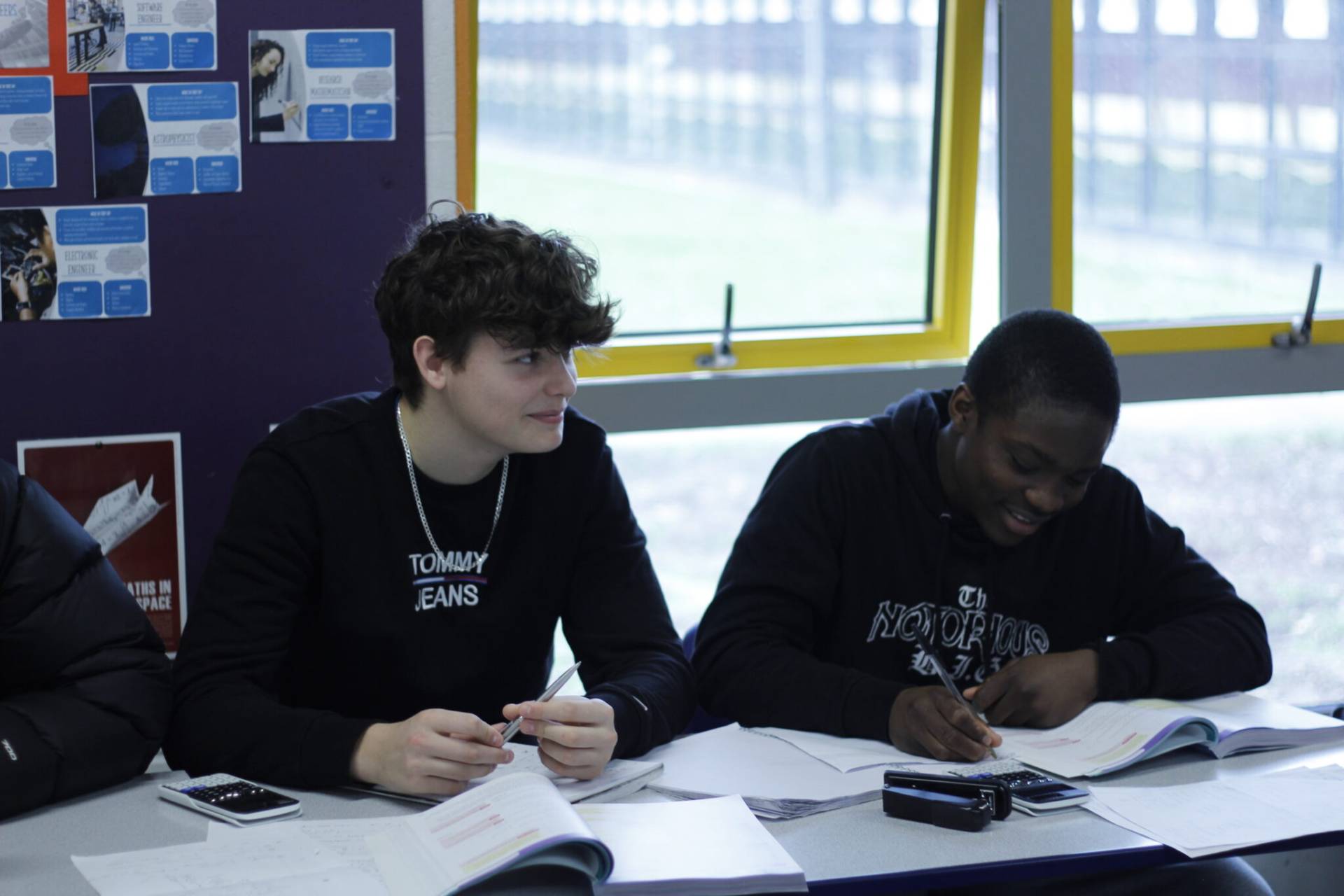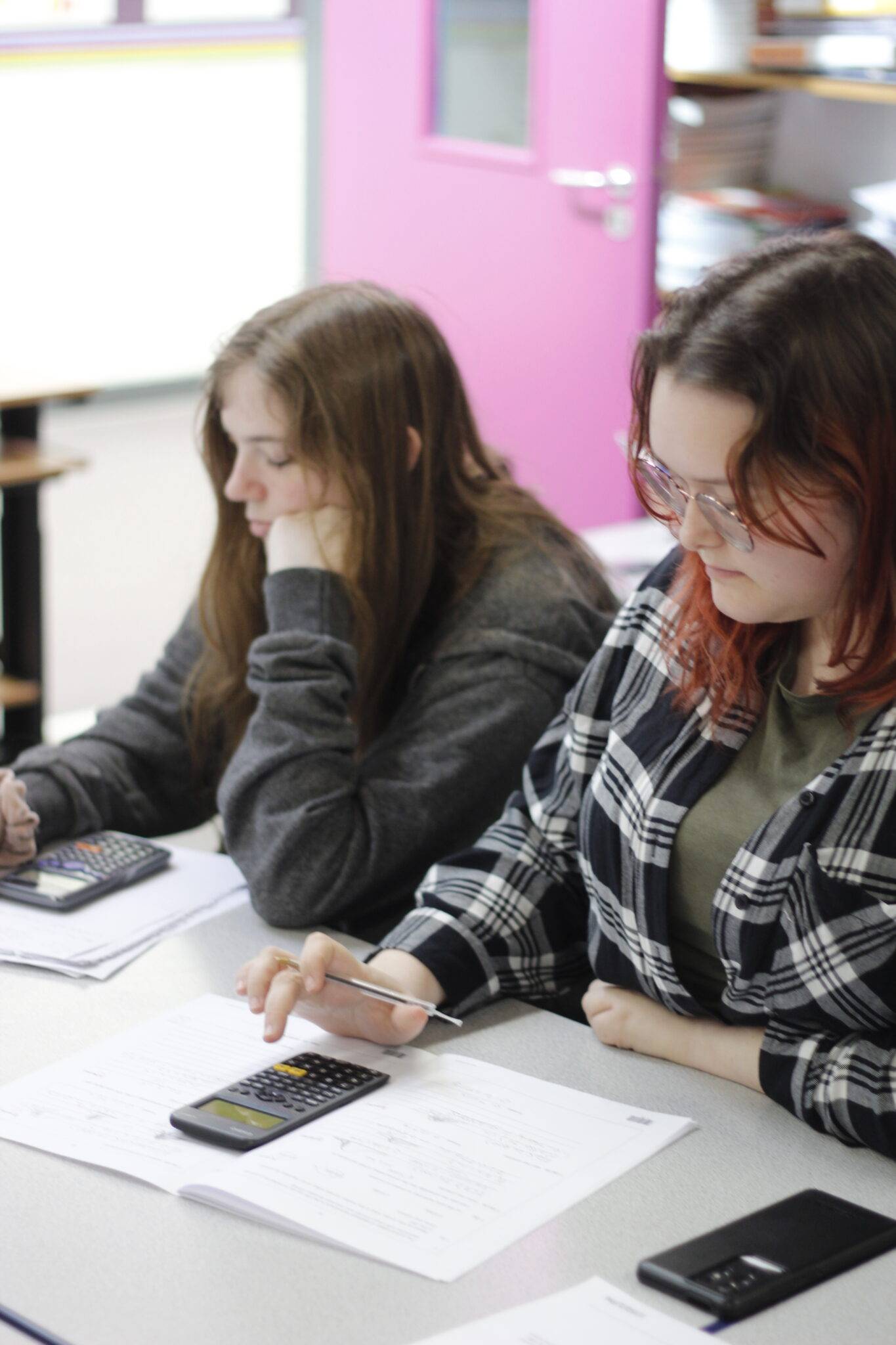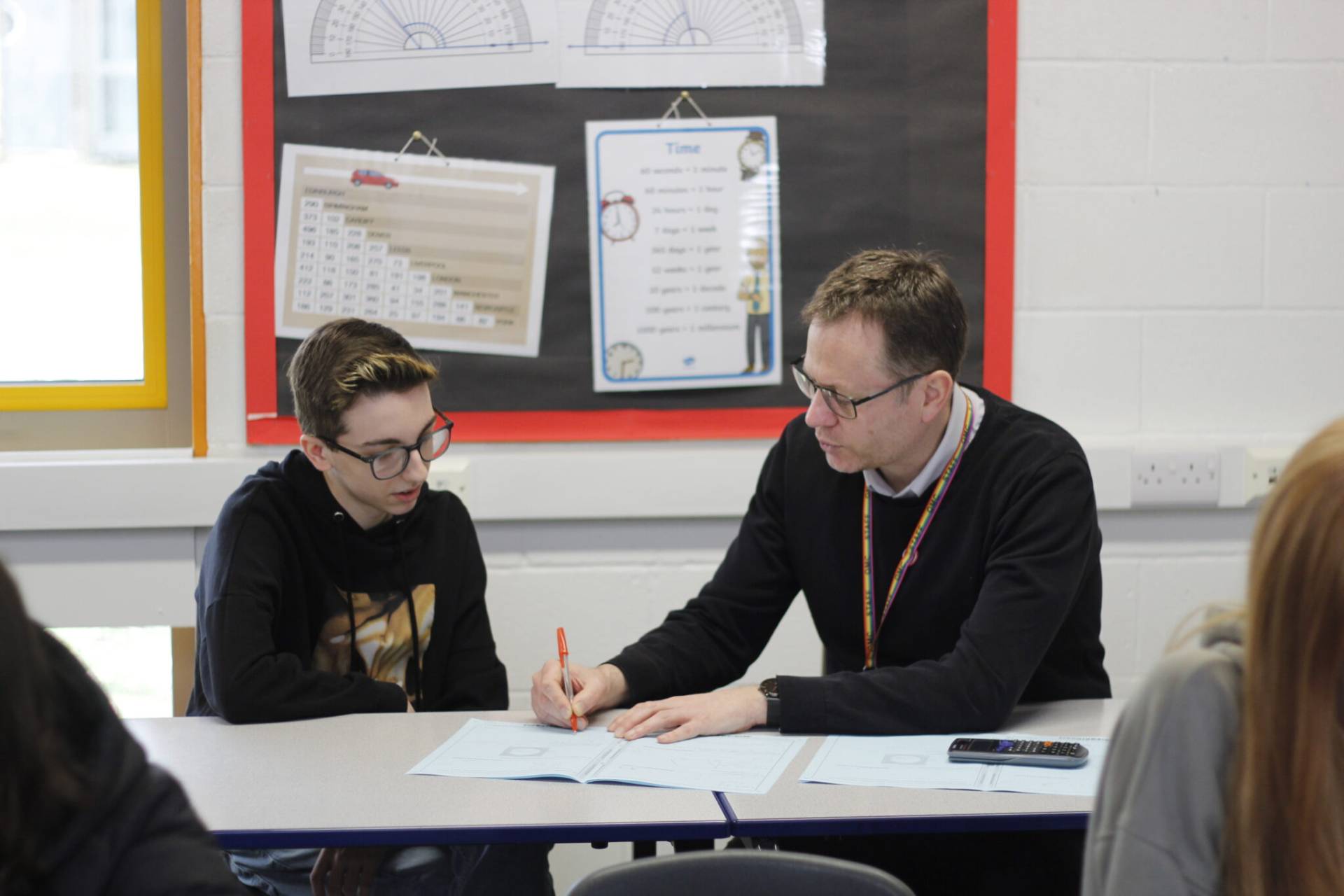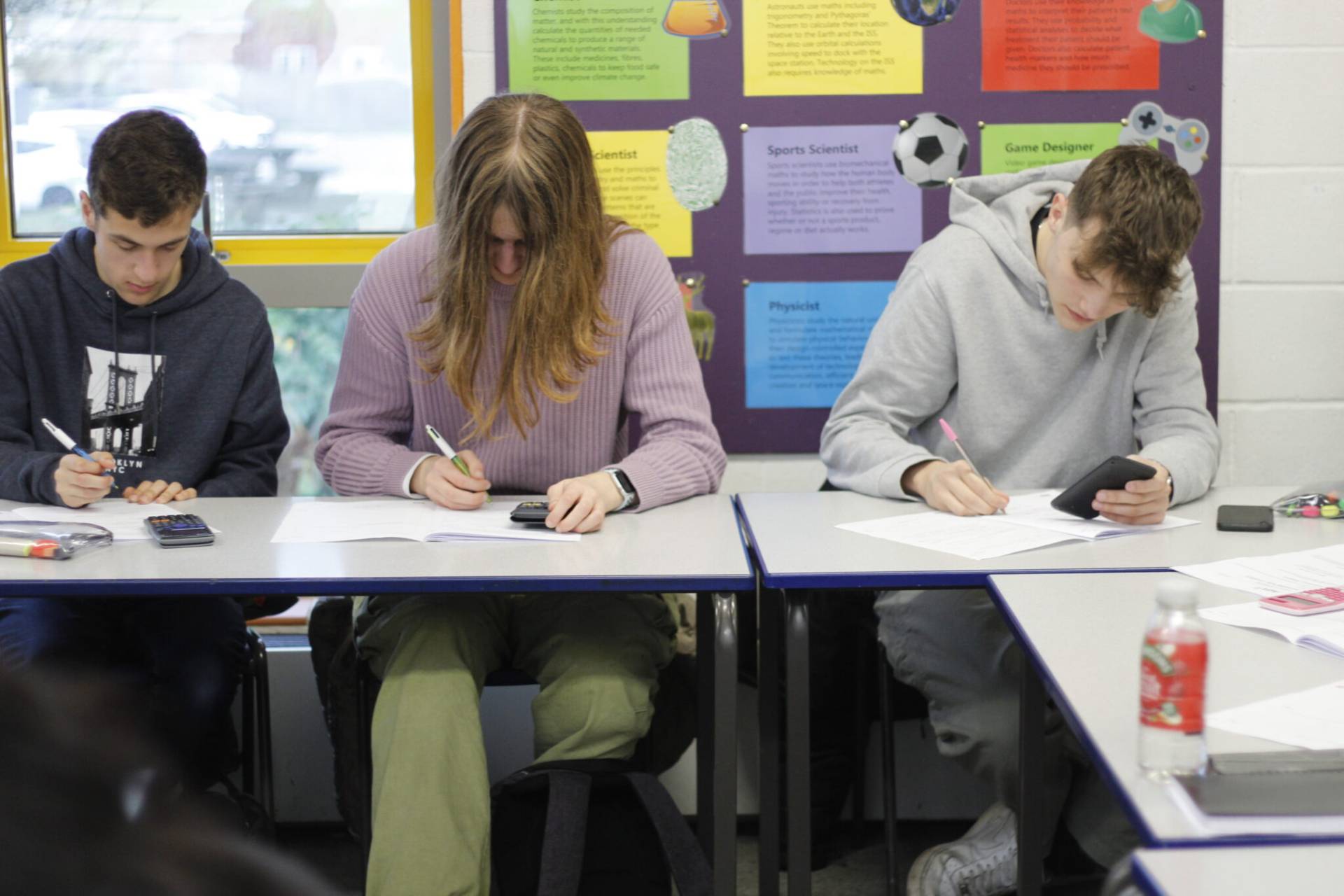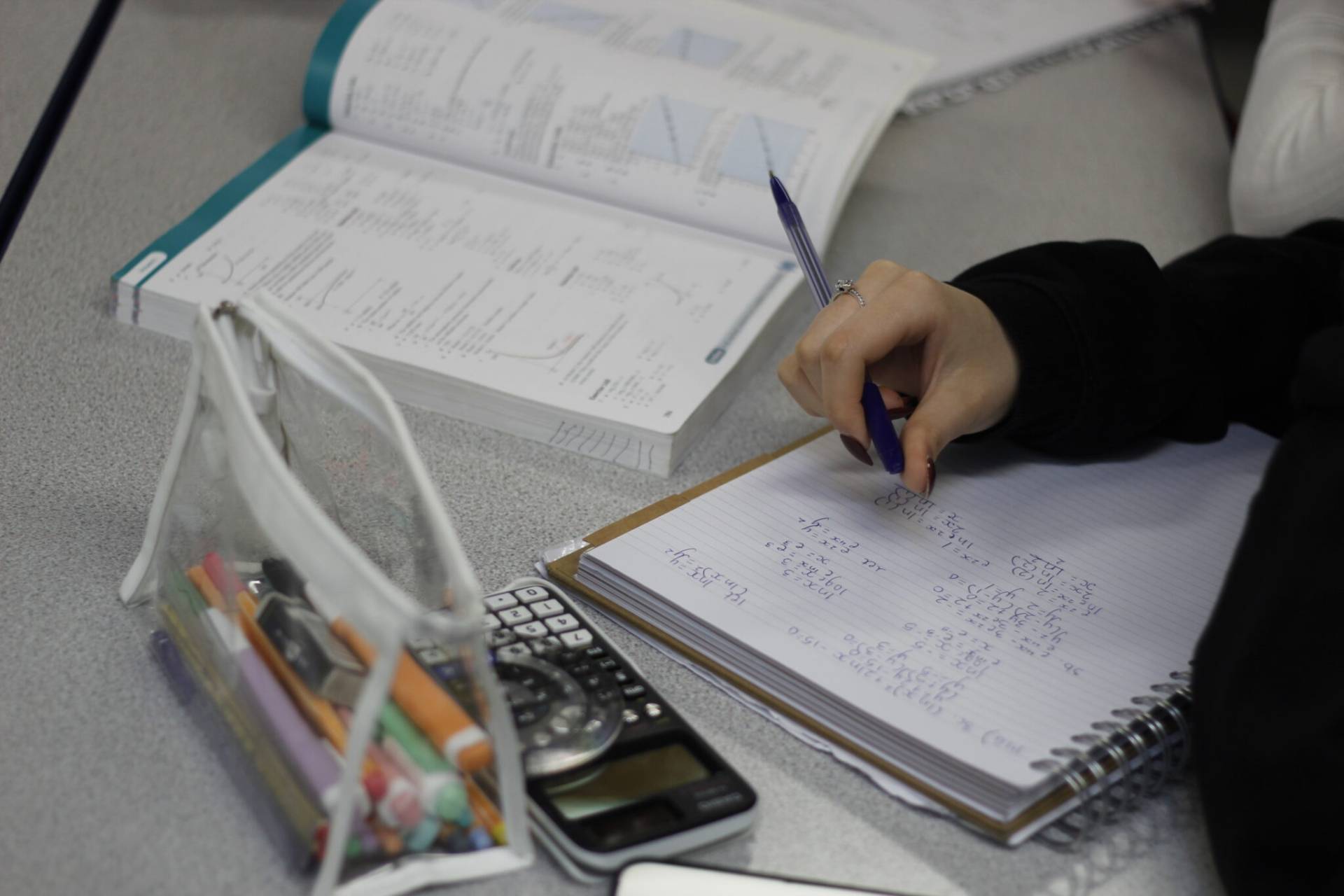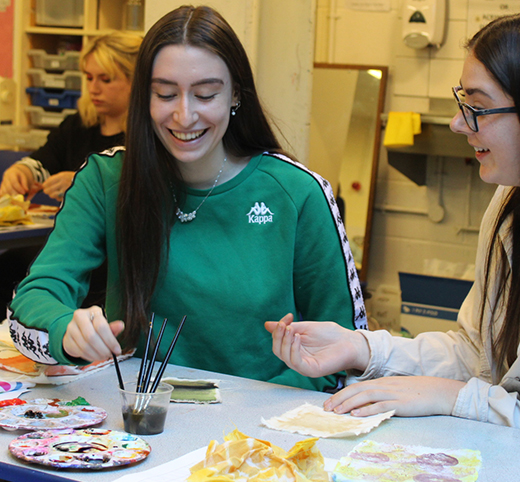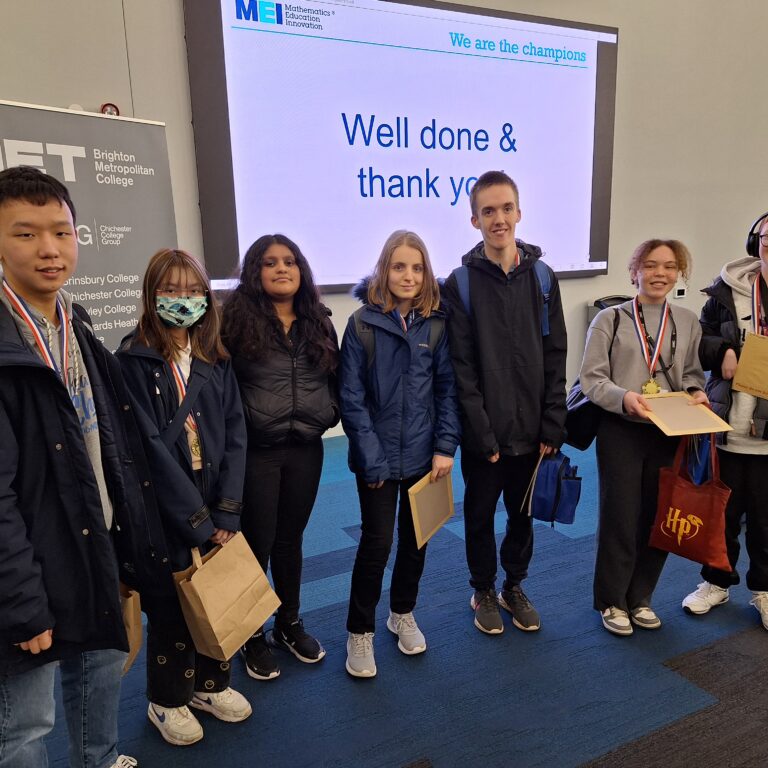Whether it be in the sciences, business, sport or medicine, by studying a mathematics course at Queen Mary’s College, you will enjoy studying mathematics for its own sake and come to appreciate its power and diversity. In order to solve problems in the real world, we often begin by translating the situation into mathematical equations to give us a clearer appreciation of the underlying aspects of the problem. We then solve the problem using mathematics and apply our findings to make predictions of what will happen in different circumstances. Where else can you solve an infinite number of problems in one go?
Queen Mary’s College offers various Mathematics courses that are as follows: Mathematics A Level, Double Mathematics A Level, Further Mathematics (AS Level) and Core Mathematics (AS Level).



